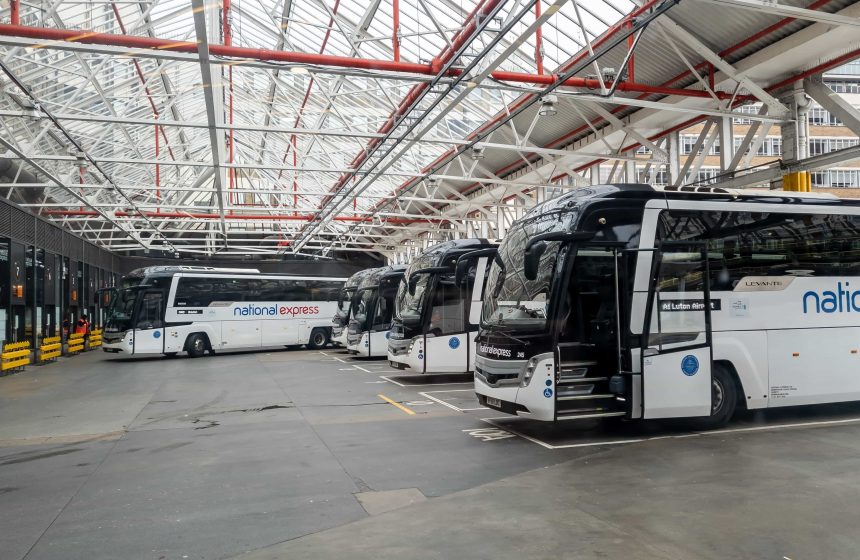I have been working with coaches, either directly or indirectly, for over 20 years. It was in 2002, when I was working for Transport for London, that I was asked to chair the London Coach Forum, the responsibility for which had been transferred from Westminster City Council.
Present at that meeting included Bob Pilbeam, Coach Advisor to the Confederation of Passenger Transport, Clive King from Arriva and Stephen Telling, now President of the UK Coach Operators Association (UKCOA), but who was then still running Tellings Golden Miller. It was Stephen who offered me the role at what was then the London Tourist Coach Operators Association (LTCOA) in 2016 which morphed into UKCOA in 2021.
And yet I still feel like the new boy. My knowledge of the industry has increased considerably since working more directly for it, but there is still more to learn each day. How does it work? What is legally required? I also aim for a broad range of understanding, from the nitty gritty of coach operation to how it fits strategically into national transport provision, the economy and society in general.
So, if I feel like this, what of those who have little contact with the industry? They may have less knowledge, yet are making (or not making) decisions that affect its operation and provision.
I have had a couple of conversations recently with the media about coach issues, including with one reporter who wanted to know why an operator had raised the cost of hiring a coach to a level that made it unaffordable for a local school. When I responded that it was in line with a rise in wages to attract and retain staff, the cost of fuel, insurance, and other provisions, they could not understand why the company could not just absorb it, given they were getting a subsidy from the government to keep fares at £2. I had a lot of explaining to do.
Most politicians, media and other influencers have a basic understanding of intercity coach travel as they see National Express, Megabus, FlixBus, Berry’s and others (with signs showing their destinations), running up and down the motorway network. They will see other coaches too but will likely not realise what role they are performing. I suspect, for example, that there are very few who know how many coaches are involved in providing home-to-school transport each day and would certainly not believe that it is more than all the coaches used on intercity services in the UK put together.
And my point is? We need more well-informed decision makers.
I have long suspected that coaches get overlooked because their role is not understood properly, rather than it being a deliberate attempt to exclude them. UKCOA is going to be giving this some serious thought this year, and events such as RHA’s National Coach Week (taking place 8-12 April), just before the UK Coach Rally, all help in raising awareness.
As I mentioned in my new year column, this is a good time to contact politicians, both local and national, in this election year, to get them to pay a visit and see what you do. The coach operator visits that I made in the first 12 months of working for LTCOA were my greatest education in understanding the coach industry and what makes it tick. Let’s make sure that, as we move forward together, we give this industry the recognition and understanding that it deserves.



























